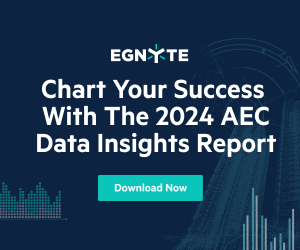In 1984, the Supreme Court established the Chevron doctrine, which required courts to defer to federal administrative agency interpretations of ambiguous statutes as long as they were based on a “permissible construction” of the law and not contrary to the clear intent of Congress. The Chevron doctrine was based on the idea that agencies should have the authority to interpret ambiguous statutes within their respective areas of expertise. Last month’s decision in the Loper Bright Enterprises and Relentless Inc. cases overruled that 40-year precedent, meaning that courts must now independently interpret statutes without giving deference to the agencies’ own reading of the law. The decision sharply curtails the power of administrative agencies while also significantly expanding that of the judiciary.
For our industry, one potential upside of the Chevron decision is that with increased judicial scrutiny comes increased pressure on regulators not to overreach or overinterpret. That moderating effect on regulatory agencies presents an opportunity for ACEC to provide more influential comments on proposed regulations. Our voices in the rulemaking process will be louder and clearer than ever now that courts are no longer required to give Chevron deference to the government’s position.
We will be holding an online education session on Chevron in September; stay tuned for more information later this summer. In the meantime, here is a client alert on the decision from the law firm of Gibson Dunn.
We also saw the release yesterday of the Republican Party 2024 Platform in advance of the GOP Convention next week, which lays out in very broad terms the Party’s public policy agenda going forward. The Party platform presents ACEC with both opportunities and challenges, which is typically the case.
On the plus side, the GOP platform advocates for a robust energy agenda that includes oil, natural gas, and nuclear projects. ACEC has always supported an “all of the above” energy agenda, but that includes both traditional as well as renewable energy sources, requiring continued advocacy to promote this balanced approach. The platform also calls for making the 2017 tax law permanent, including the lower 21% corporate tax rate and the 20% tax deduction for S corps and other passthrough businesses that ACEC fought hard to secure. We will want to see the deductibility of R&D expenses restored as part of tax debate in 2025. Finally, the platform advocates for regulatory reforms to promote economic growth and drive energy projects forward.
At the same time, the platform calls for spending cuts that could put key federal infrastructure programs at risk, and the party adopts a somewhat protectionist approach to trade that could impede growth and disrupt supply chains. The document also takes a very tough stand on immigration that could make H1-B visas harder to come by, which could worsen the industry’s talent shortage.
We will no doubt have similar observations to make when the Democratic Party releases its platform later this summer. As I noted before, each party brings opportunities and challenges with their respective agendas, with variations that reflect the unique personalities and agendas of the respective presidential candidates. ACEC’s strategy may change to take advantage of opportunities and minimize challenges, but our focus always remains squarely on the business interests of the industry. That never changes.





